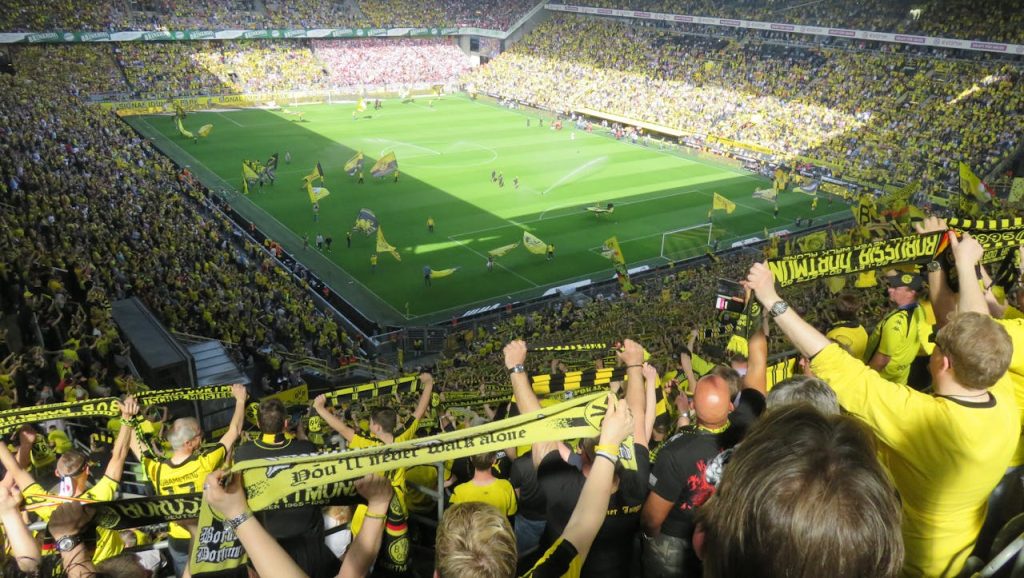
While German football fans are hoping that die Mannschaft, or men’s national team, will be resurgent given their home advantage in this year’s Euros, the German hospitality industry is similarly optimistic of a strong performance for its hotels and short-term rental accommodation.
NB: This is an article from Lighthouse (formerly OTA Insight)
Subscribe to our weekly newsletter and stay up to date
The country is hosting the football tournament at 10 venues around the country through 51 games across 22 match days from 14th June to 14th July, which should generate plenty of additional demand in these host cities for accommodation given that this tournament has the highest potential attendances of any Euros thus far.
Our deep dive into the data reveals that there is plenty of positive potential across these cities, with hotels making the most of the demand and pushing up pricing on match days. Short-Term Rentals (STRs), on the other hand, lag behind, despite better on-the-books performance.
Hotels have set high rates above those of STRs even though the booking curve is somewhat unspectacular thus far, banking on future demand indicators coming true.
These trends are being driven by the tournament structure, location and ticket sales, which will lead to a late run on accommodation markets and peak demand occurring shortly before the tournament is held.
Thus, hoteliers and STR managers would be wise to hold the line when it comes to pricing and prepare for the surge, especially in the knockout phases, where comparatively few bookings have yet to emerge.
Snapshot summary for accommodation providers:
- Hotels in the 10 host cities are on average pricing a standard room 57% above the rates seen in the six months from March to August 2024 excluding the Euros.
- STRs are seeing a smaller bump of 16%, despite having higher on-the-books reservations during the tournament.
- Peak prices in many cities thus far are for the group stages, where the line-ups are known and the tickets have been released. Price peaks directly correlate to match days in host cities.
- Due to the way ticketing is structured, bookings will be made later than for comparable major sporting tournaments. Accommodation providers should be aggressively pricing for cities hosting games in the knockout stages even if the booking curve is underwhelming thus far.
Euro 2024 is this year’s biggest demand and pricing driver for host city hotels
Hotels in the 10 host cities are alive to the potential demand generated by the Euro 2024 football tournament and are setting rates substantially above the average.
They are wise to do so, as although many tickets will be snapped up by local fans in football-mad Germany, there is a huge number of overall seats and many tickets have been allocated to international fans from all the participating nations in what is a convenient, highly accessible, central location.
According to Statista the total potential attendance, if stadiums reach capacity, is 2.7 million. This would make it comfortably the largest tournament yet, exceeding the 2.4 million for France 2016, the last comparable tournament.
There seems little reason to expect anything but a sellout either, as governing body UEFA have reported that the application phase for tickets generated an over-subscription to the tune of more than 20 million applications chasing these coveted seats.




